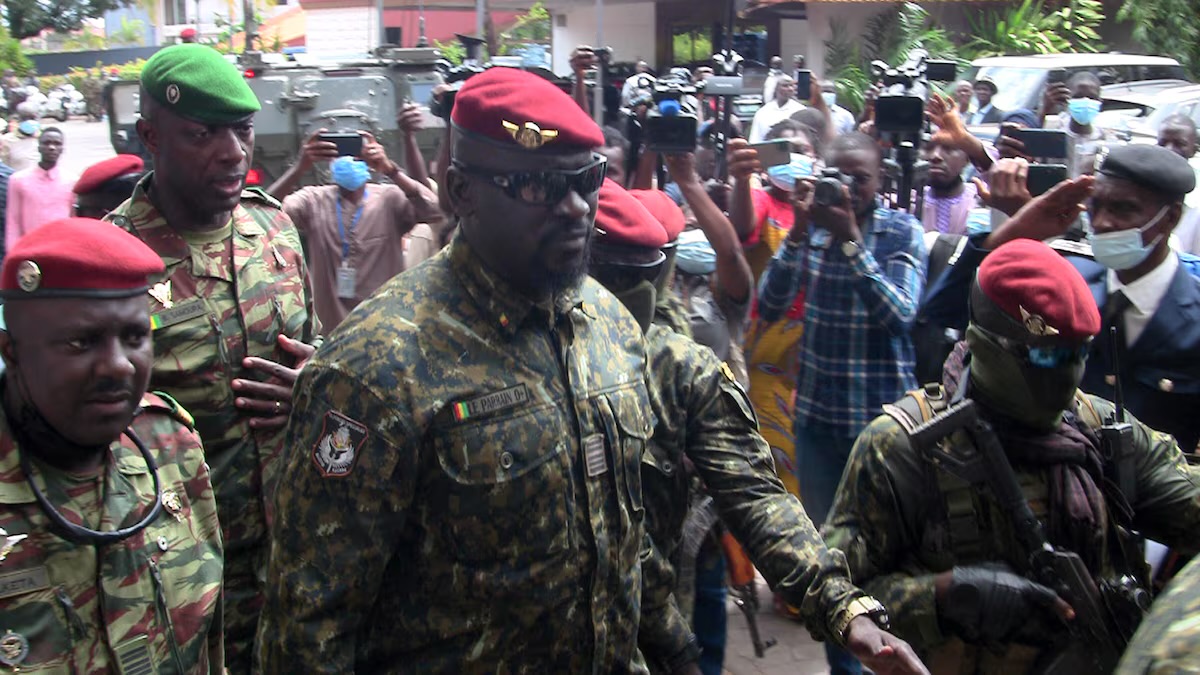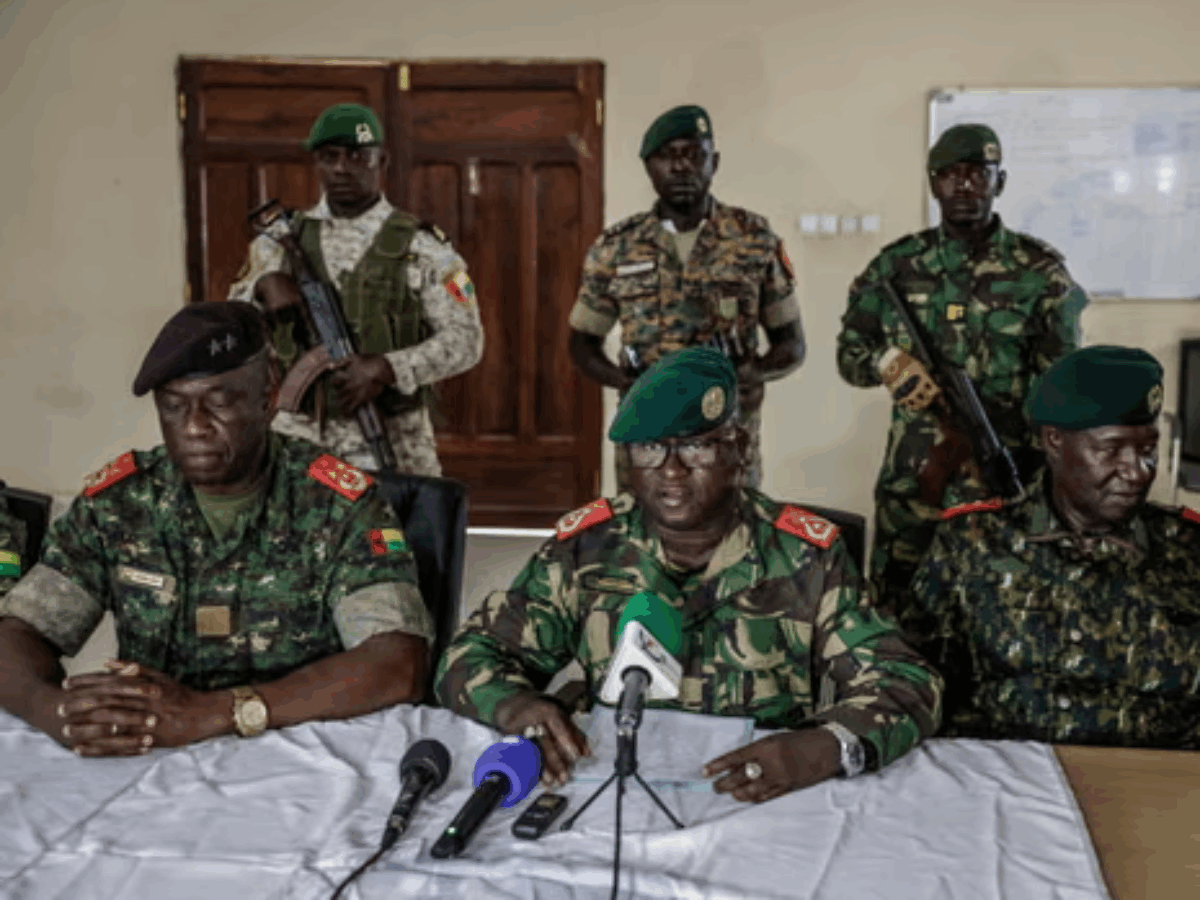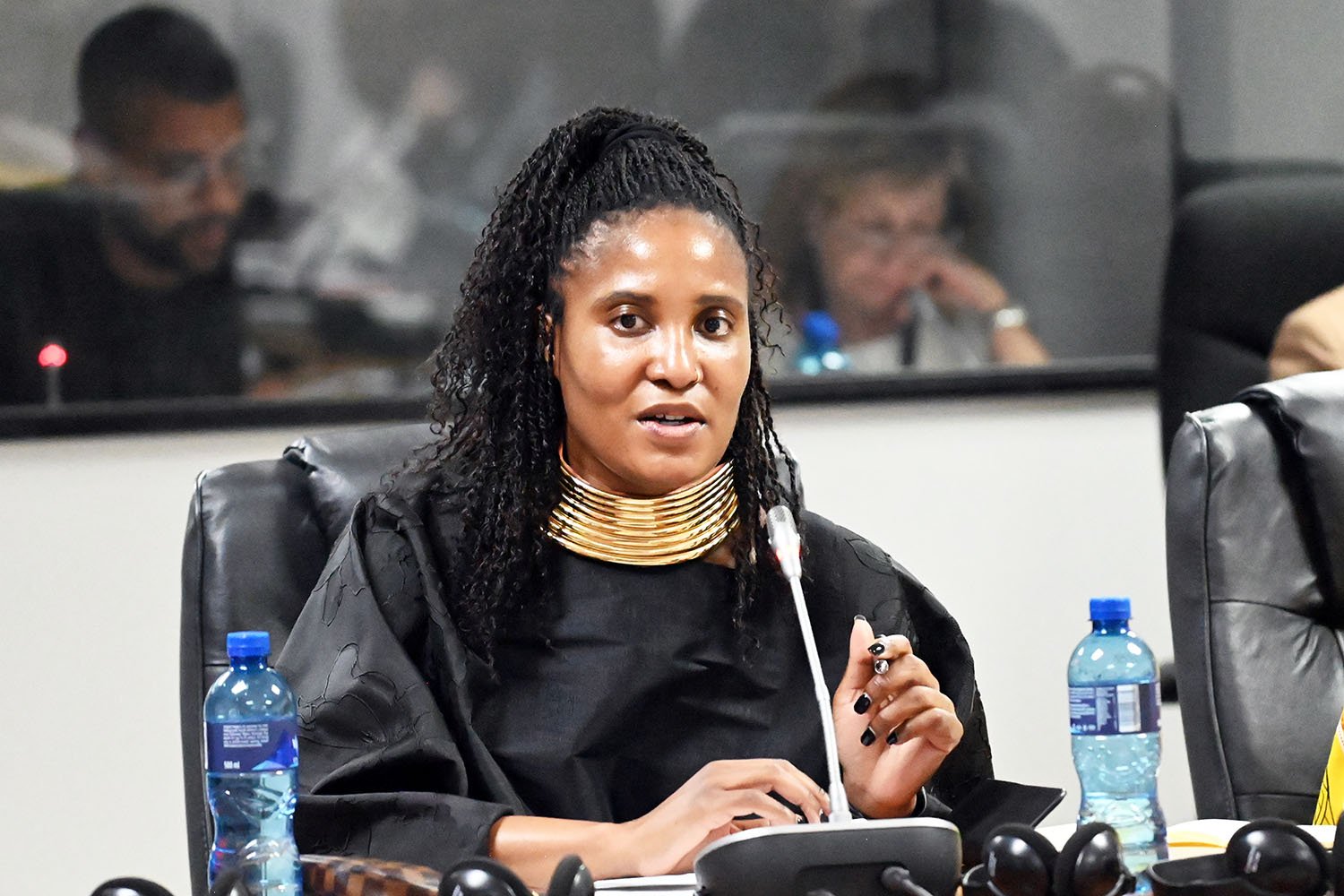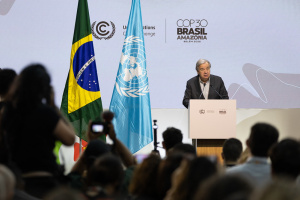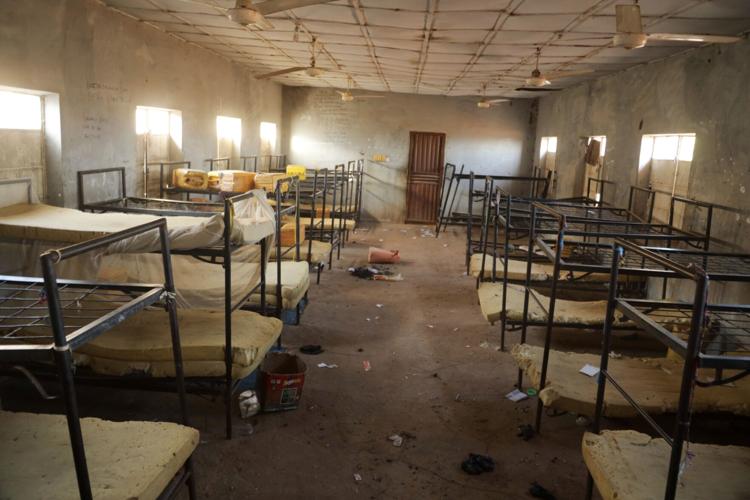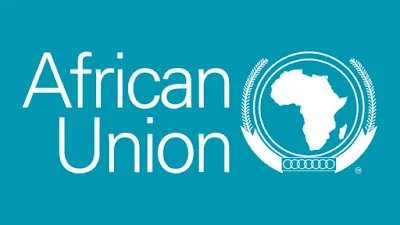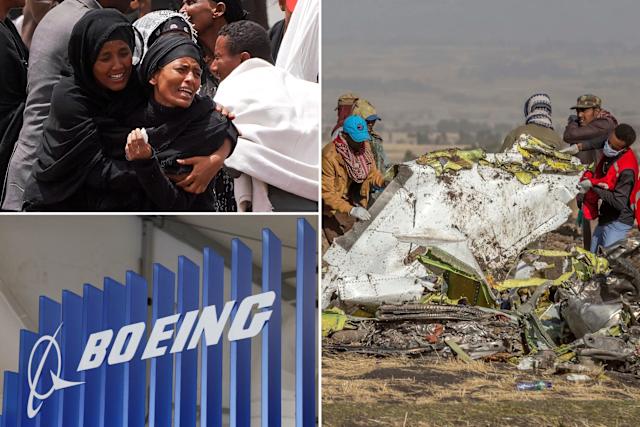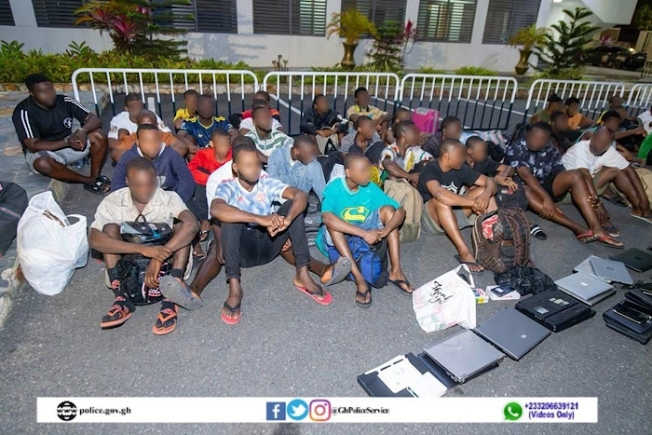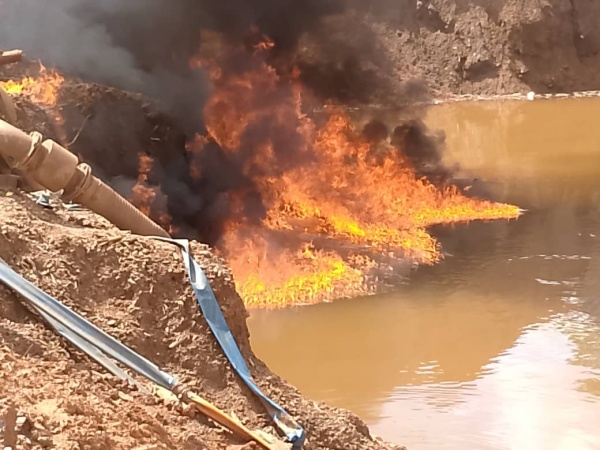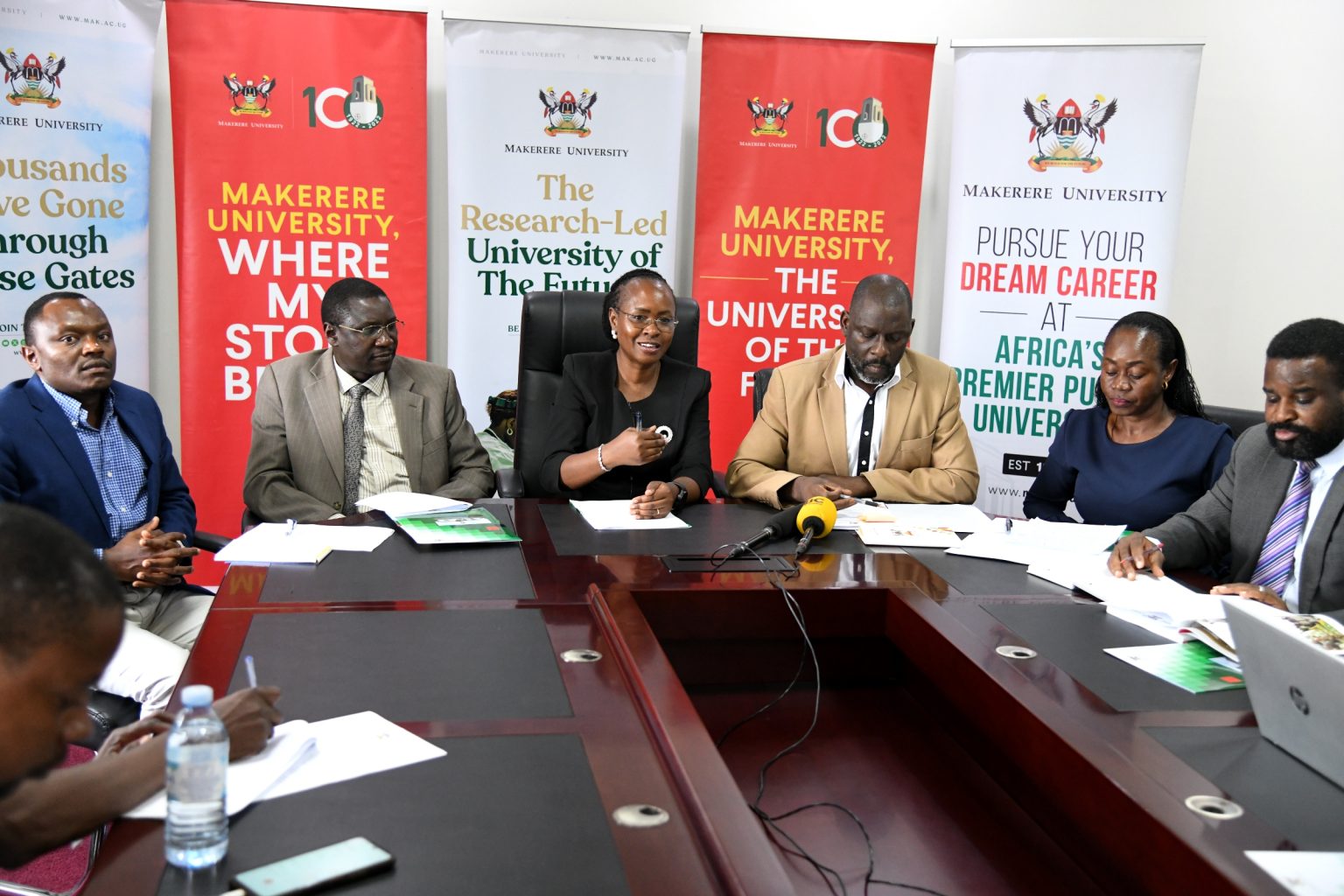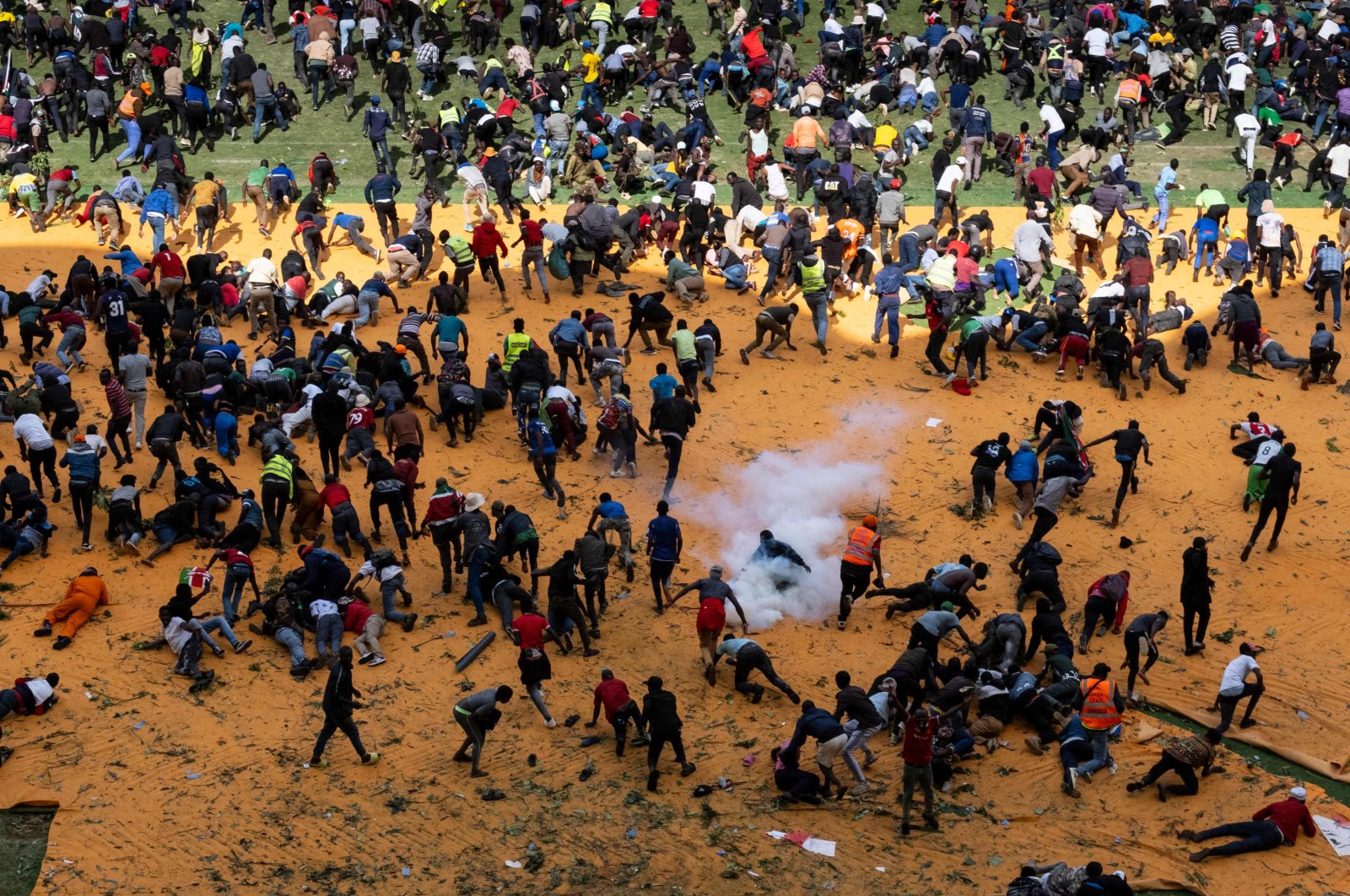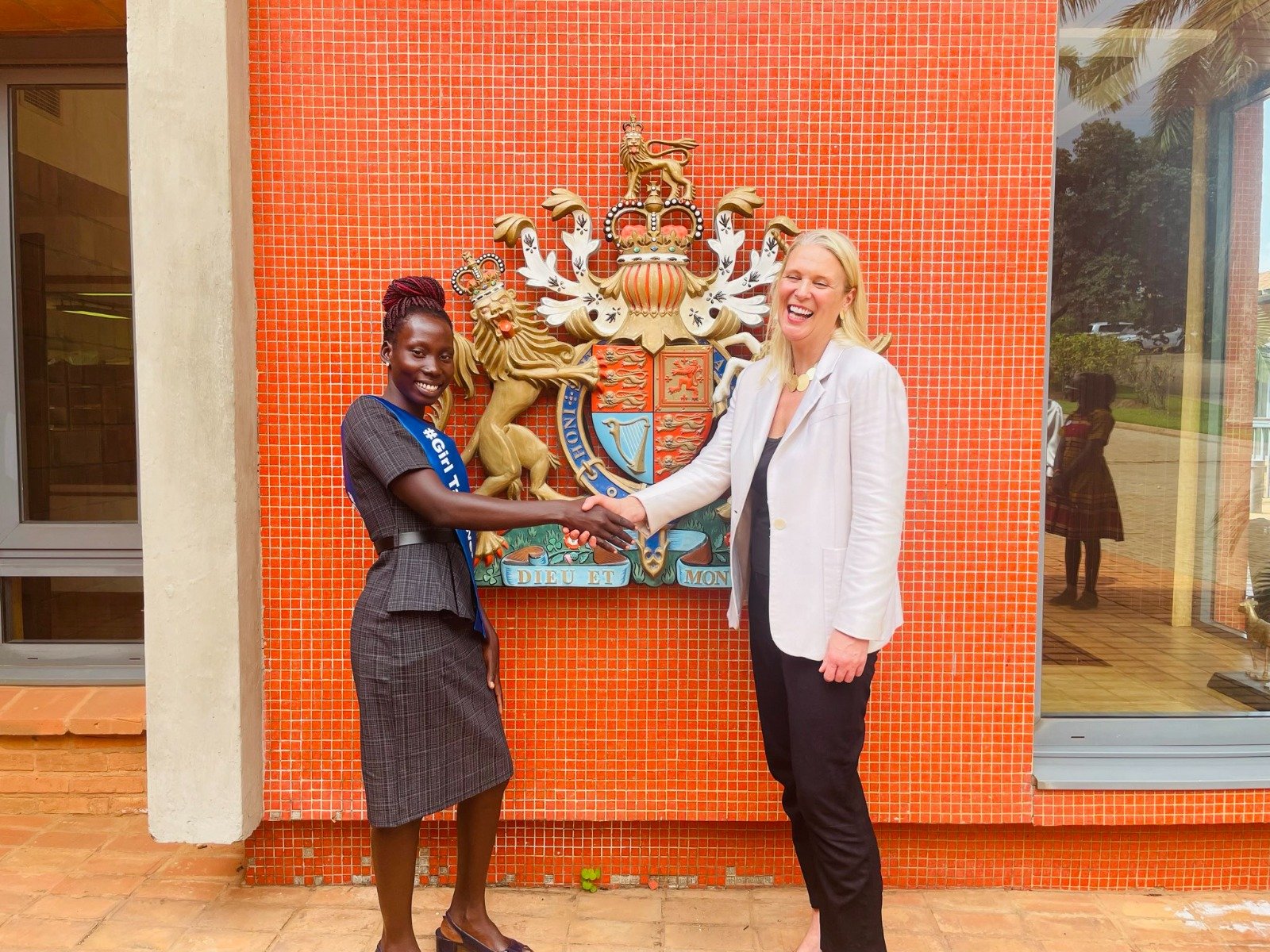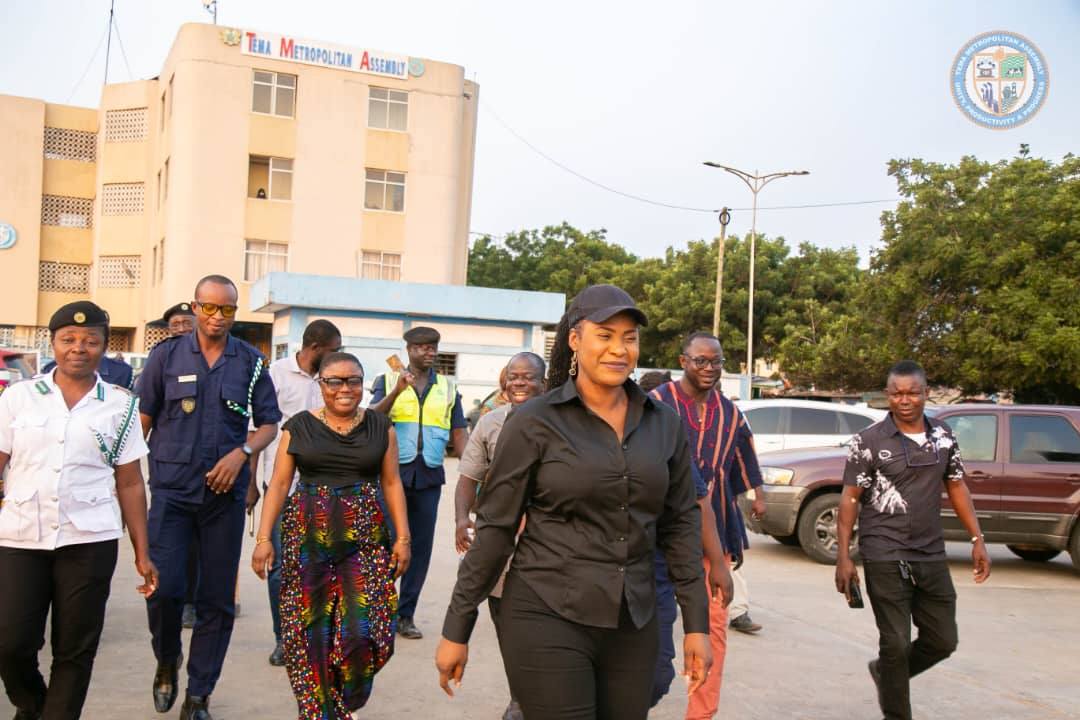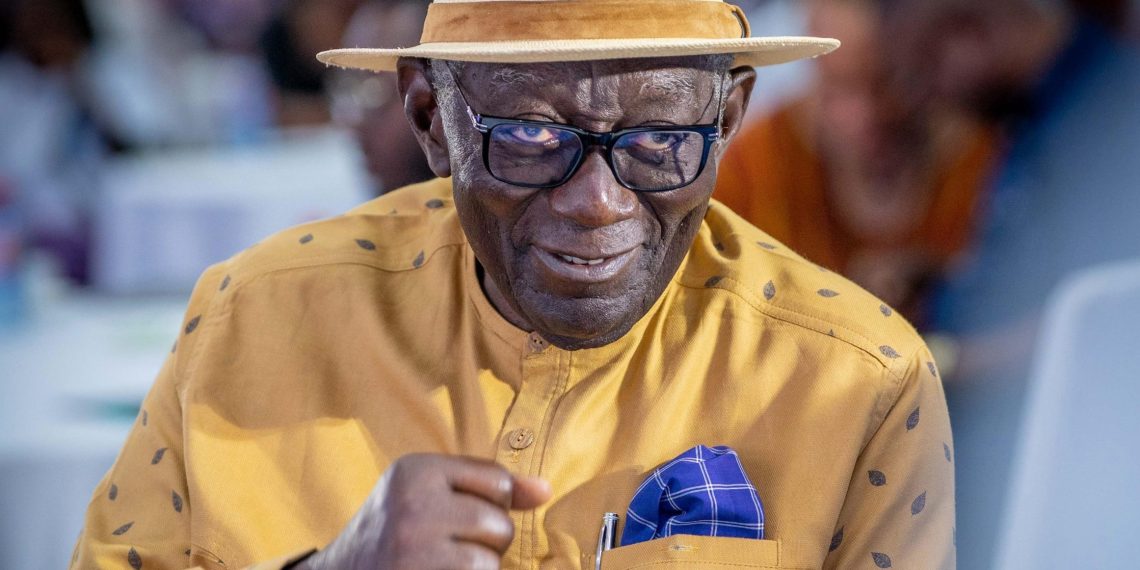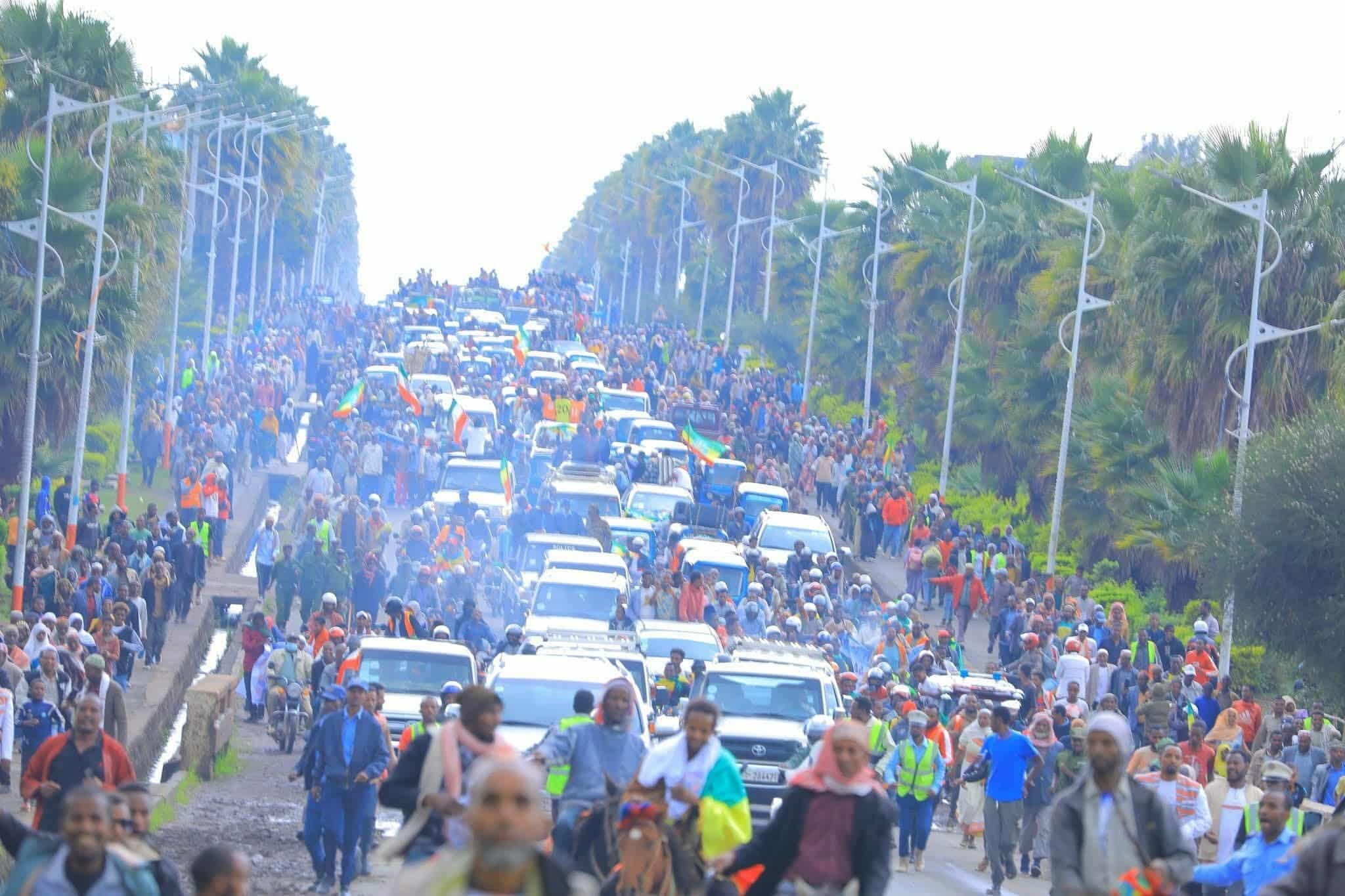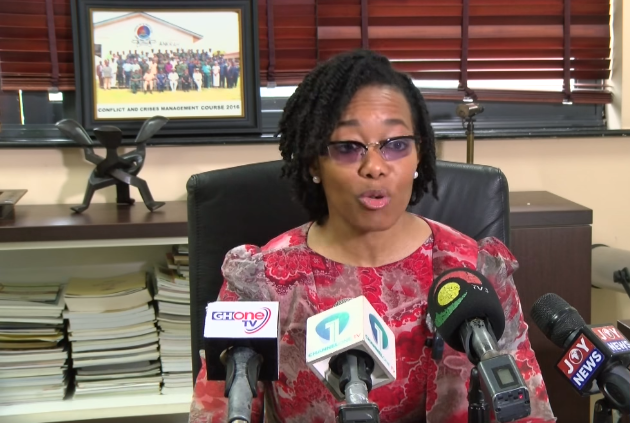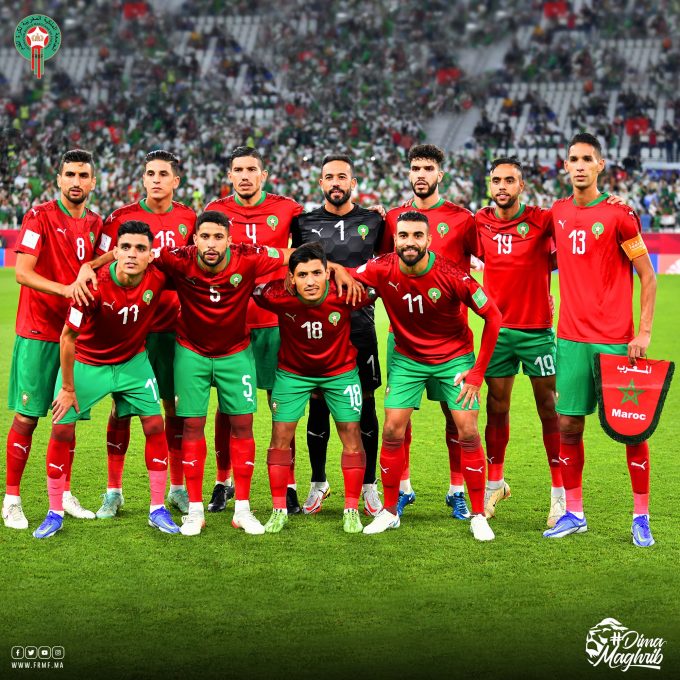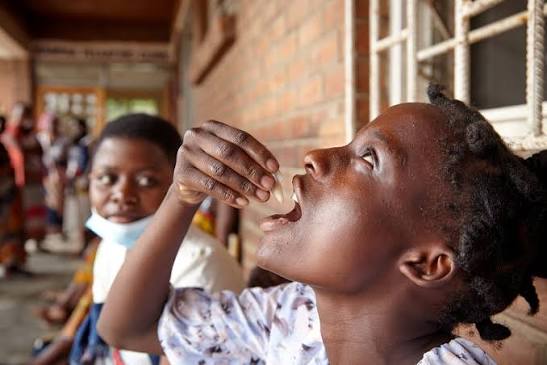
Africa is grappling with its most severe cholera outbreak in a quarter-century, the Africa Centres for Disease Control and Prevention (Africa CDC) has reported, attributing the surge to fragile water infrastructure and ongoing conflicts.
In a briefing on Thursday, the agency said the continent has seen around 300,000 confirmed and suspected cases of cholera, resulting in more than 7,000 deaths, representing a more than 30% increase compared with last year’s figures.
Recent weeks have seen sharp rises in Angola and Burundi, largely linked to limited access to safe drinking water. Cholera, a dangerous diarrhoeal illness, spreads rapidly when sanitation systems are inadequate.
The Africa CDC noted that the outbreak in the Democratic Republic of Congo appears to be coming under control, with cases declining. However, conflict-affected regions remain vulnerable, as the disease spreads quickly in overcrowded camps with poor sanitation facilities. Improvements have also been reported in South Sudan and Somalia.
Separately, Ethiopia has reported eight suspected cases of viral hemorrhagic fever. Health authorities are awaiting laboratory confirmation while rapid response teams work to contain the potential outbreak.
The Africa CDC also provided updates on other ongoing health threats, noting that Mpox cases are declining in some previously hard-hit areas, but remain a concern in countries including Kenya, Guinea, Liberia, and Ghana.
Discover more from Hot Stories Ghana
Subscribe to get the latest posts sent to your email.

